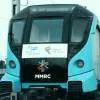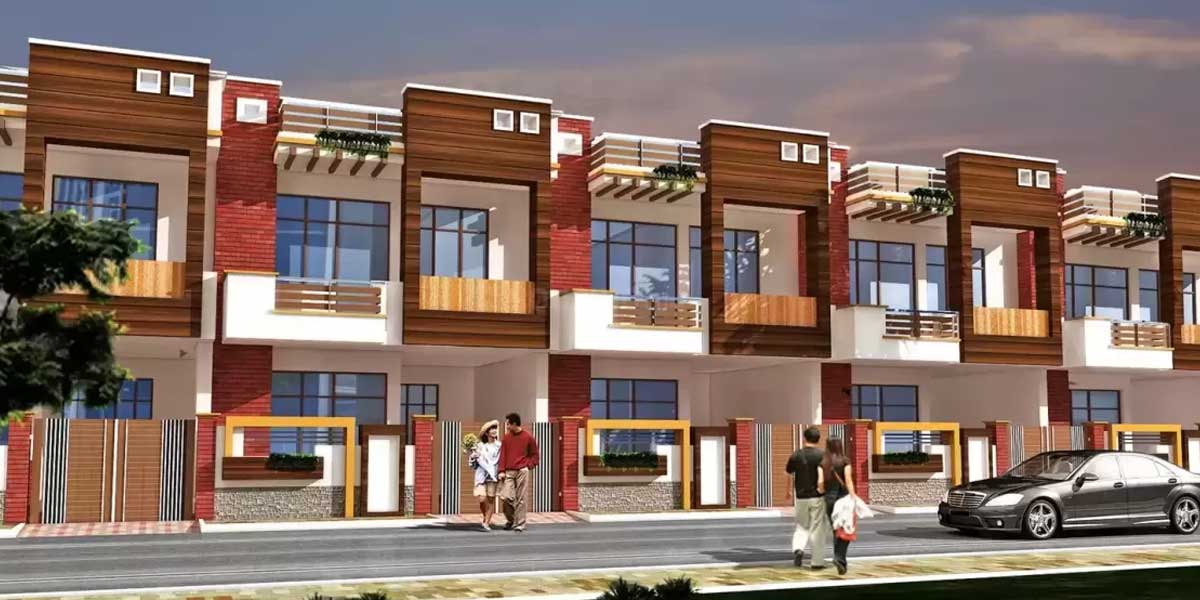
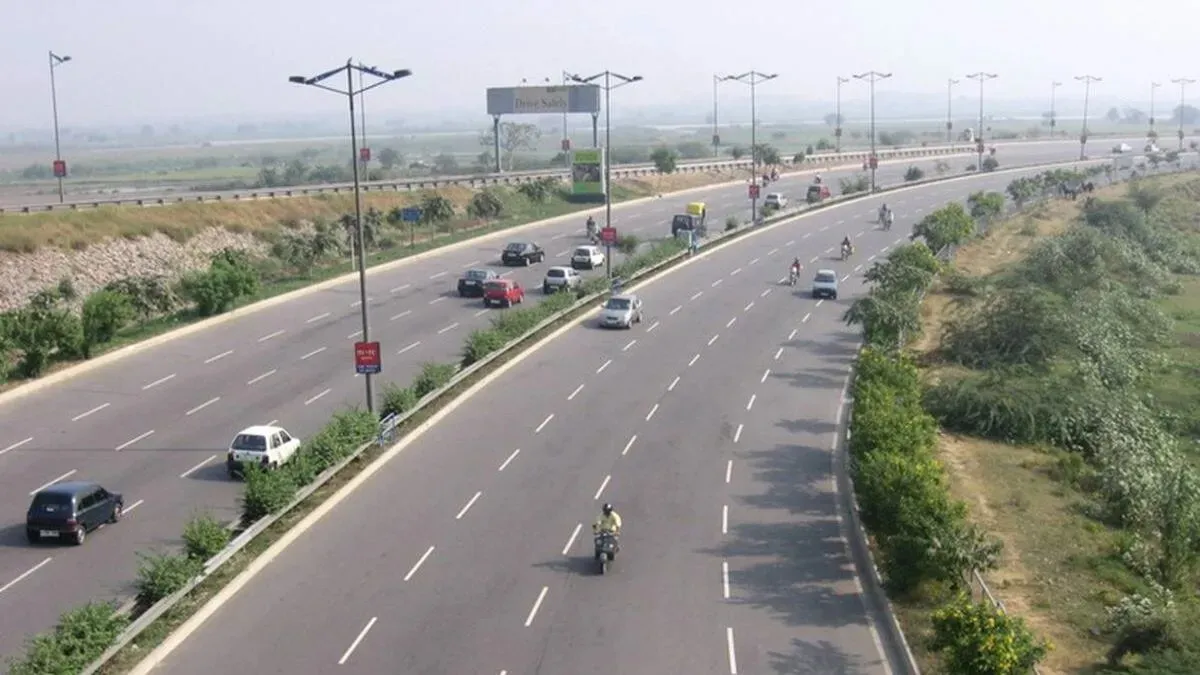
Gurgaon-Pataudi-Rewari Highway Set for Completion by December 2025
The National Highways Authority of India (NHAI) has set a new target to complete the four-lane Gurgaon-Pataudi-Rewari highway by December 2025, following a two-year delay.Originally planned in 2018 to upgrade the two-lane state highway into a national highway, the project is estimated to cost Rs 9 billion. Construction, which began in 2021, was initially scheduled for completion in November 2023. According to NHAI, around 70 per cent of the work is already complete, with two major structures still pending: a railway overbridge at Pahari village and a two-lane unidirectional flyover on Dwarka E..
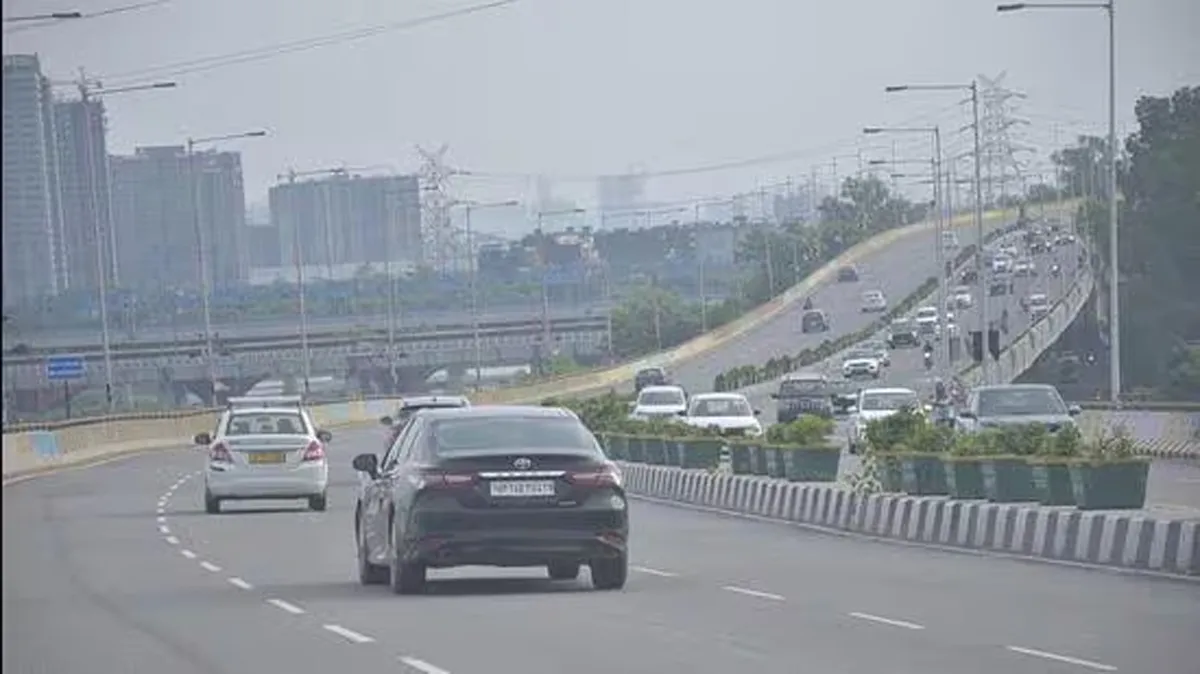
UP Plans Rs 900 Million Extensions to Hindon Elevated Road
The Uttar Pradesh state bridge corporation has prepared the detailed project report and cost estimates for two proposed extensions of the 10.3-km Hindon elevated road, officials said on Thursday. The road connects Raj Nagar Extension to UP-Gate near the east Delhi border, and the project is expected to cost around Rs 900 million.The two extensions, each 400 metres long, will be added to the existing elevated road to ensure smoother traffic flow. “One of the extensions will be from near the Kanawani culvert (near Indirapuram) to the elevated road for commuters heading towards Delhi. The other..
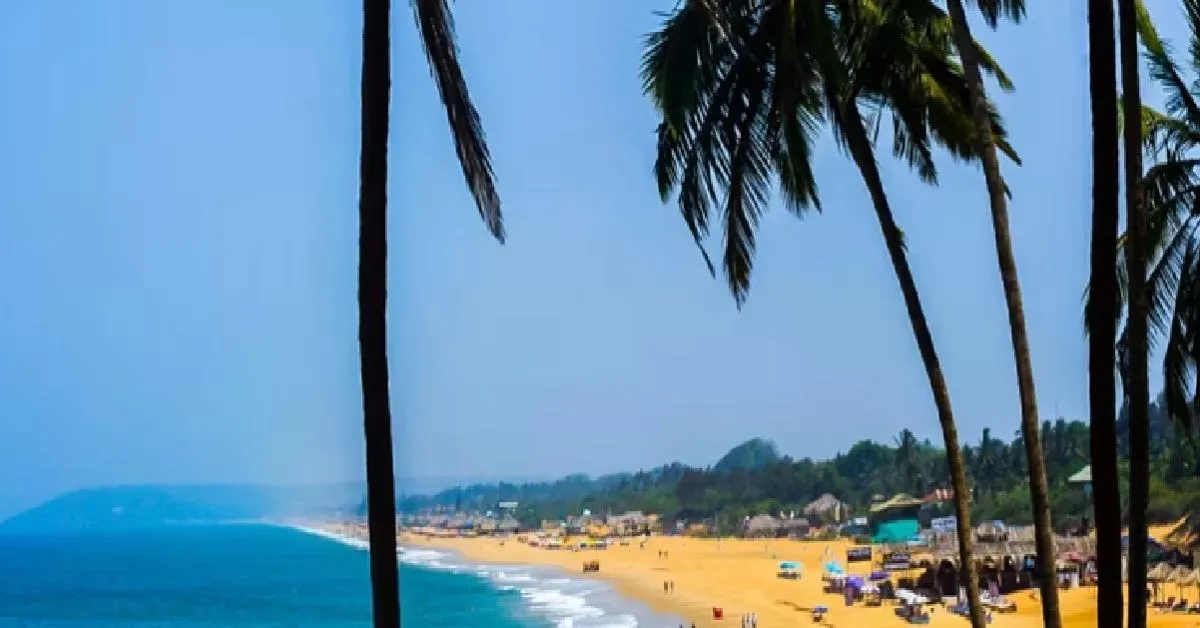
Goa Likely to Miss October Deadline for Maritime Master Plan
Goa is expected to miss the October 31 deadline for submitting its maritime and waterways master plan, which covers the state’s 105 km coastline and river network. The delay is due to the project management consultant not yet being appointed. The plan is now anticipated to be completed by December, Captain of Ports Octavio Rodrigues stated at the India Maritime Week 2025 roadshow.“We have already selected the consultant and will bring them on board within a week. Only then can we begin drafting the master plan, which is essential to secure central government funding,” Rodrigues added.A c..









